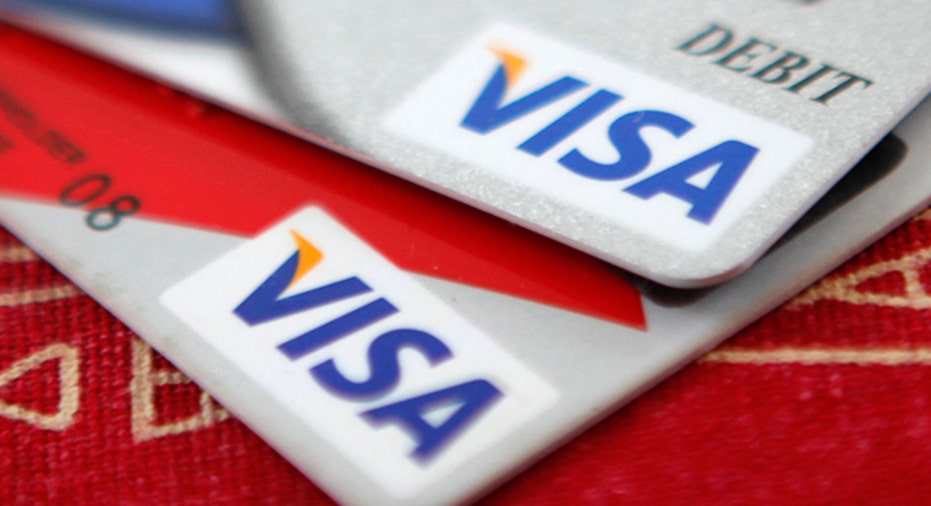Credit CARD Act: The Next Generation

Cardholders are getting hit with fewer penalty fees and surprise interest rate hikes thanks to the Credit CARD Act of 2009, which ended a host of tricks and traps, according to consumer advocates.
Mission accomplished?
Not quite -- in fact, a sequel to the Credit Card Accountability, Responsibility and Disclosure Act of 2009 could be in the making, as regulators mull over a fresh batch of complaints. Although bankers say the consumer protection law has dried up available credit for many people, watchdog groups point to a list of still-thriving credit card problems that they say should be fixed.
"The CARD Act has been very successful," said Pamela Banks, senior policy counsel for financial services at Consumers Union. "But the problem is, when you fix some things, other issues crop up."
Consumers Union is one of the groups that filed official appeals for action with regulators. The bulging comment file also contains broadsides from the National Consumer Law Center, the Center for Responsible Lending and the Pew Charitable Trusts.
Regulators at the Consumer Financial Protection Bureau collected the comments earlier this year about the post-CARD Act environment. The CFPB plans to issue a study in coming months that will look at the law's impact on the availability of credit, and at how card issuers' practices are affecting consumers.
Sounding off about cards Several groups pointed at deferred interest cards as the most dangerous trap lying in wait for unwary borrowers. Known as a way to buy major items such as appliances, the delayed interest deals are also becoming popular with some doctors and dentists as a way for their patients to finance expensive medical procedures.
"People use delayed interest as a way to afford a washing machine or whatever they need," Banks said. "But these credit card contracts are very complicated."
One unwary Denver resident named Janine told Consumers Union that she and her spouse wound up paying more than $1,000 in surprise interest on a deferred deal. Having made their first payment in October, the couple figured that the final payment on the one-year deferral would come the folloing October -- but that was a month late. As a result, they were charged the full year of accrued interest, which took a few more months of payments to erase. "There was never any statement of final balance due by "x" date to avoid interest charges," she was quoted as saying in the regulatory filing.
The cost of credit It isn't deferred interest that bothered Edward Jankauskas, a retired postal worker in Philadelphia, just the high level of interest rates in a low-rate economy.
"As a consumer and user of credit cards, it still baffles me why credit card companies charge as much as 29.9 percent interest, while the prime rate has been at 3.25 percent and the federal funds rate at 0.25 percent," he wrote in a January filing.
Blame the CARD Act for boosting rates, says the American Bankers Association. Card rates are up about 0.73 of a percentage point since late 2008, the group said, even while rates for other consumer credit have plunged. And fewer subprime borrowers are able to get cards at any rate, driving them into the arms of payday lenders and other higher-cost loans, according to the industry group.
"There was a great contraction in credit," said Nessa Feddis, senior counsel at the ABA. "The fact that it has not recovered with the economy suggests it is related to the CARD Act."
Consumer groups counter that the rates consumers actually pay on their card balances is about the same as before the CARD Act was enacted, when you factor out the effects of the recession. What's new is that advertised rates, especially for subprime cards, have gone up because lenders are no longer able to keep them artificially low by piling on fees instead. Even an increase in the overall cost of credit isn't necessarily harmful, the NCLC argues, if it has stopped practices that soaked subprime cardholders in order to subsidize the perks enjoyed by others.
The road ahead No one is predicting that new protections are a slam dunk. But neither is it likely to see the CARD Act's protections rolled back or watered down.
"The (banking) industry is not trying to change the CARD Act," said Lauren Saunders, managing attorney of the NCLC's Washington, D.C., office. Rather, card issuers continue to make the argument that further regulation will restrict the availability of credit and raise the costs, she said.
The biggest barrier to new protections may be the consumer protection bureau's own busy schedule. With action pending on payday loans and examinations of debt collectors under way, resources for a new push on credit card protections could be thin. The CARD Act mandates that the agency produce the report, but no rulemaking is required. "There are still credit card issues out there," Saunders said. "They've just got a lot of stuff going on."
See related: Consumer bureau begins new look at credit card rules



















